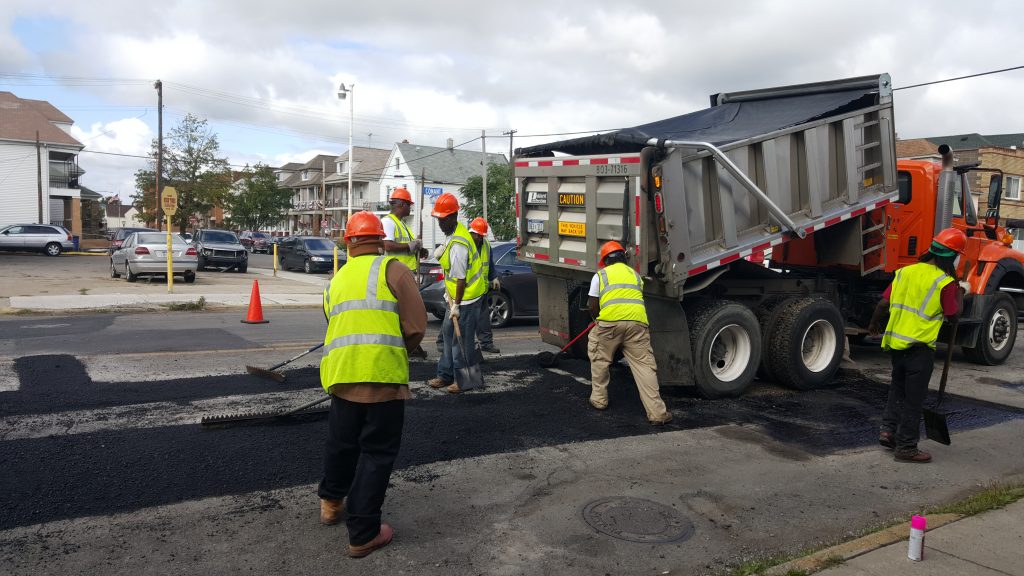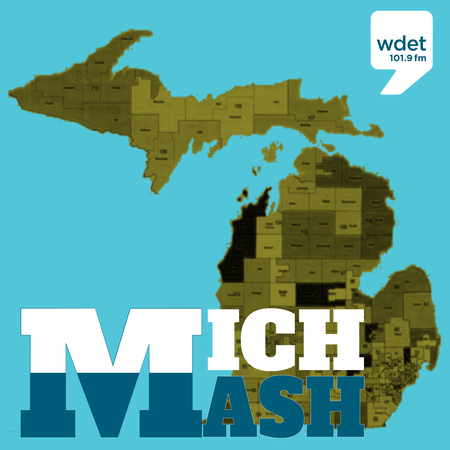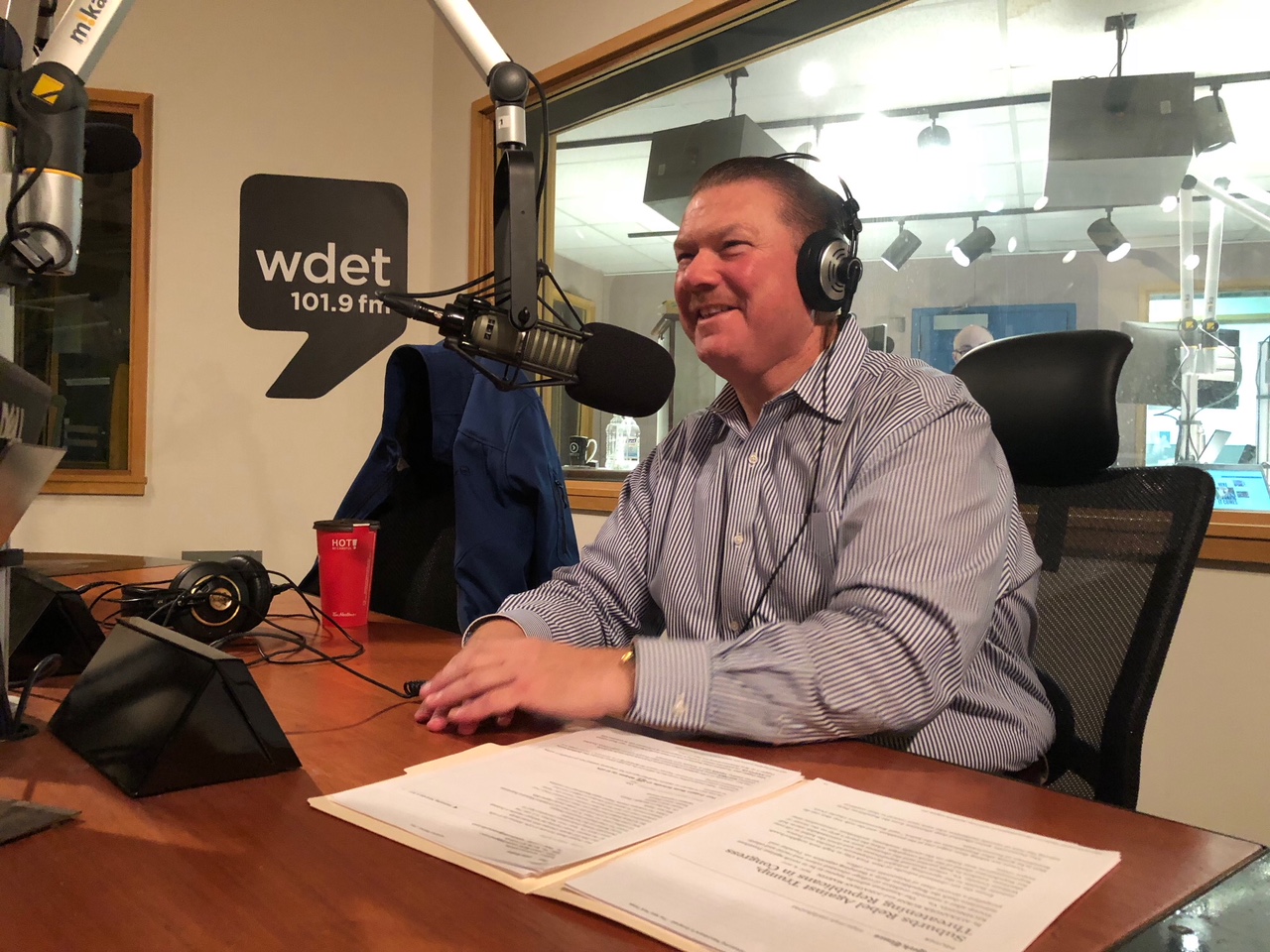MichMash: Road Funding Debate Complicated by Urban-Rural Divide
Jake Neher and Cheyna Roth explain Act 51 — the 68 year-old law that continues to make fixing the damn roads more difficult.


The road funding debate is in full swing at the state Capitol.
As part of the weekly series MichMash, Jake Neher and Cheyna Roth talk about one aspect of the negotiations that isn’t getting as much attention. And it’s all about where your tax dollars go after you fill up at the pump.
Click on the audio player above to hear that conversation.
Gov. Whitmer’s proposal to fix the gosh darn roads involves raising the state’s gas and diesel tax 45 cents per gallon. She also wants that money to be distributed outside Michigan’s main road funding distribution system — Act 51 of 1951.
That law isn’t often discussed outside of Lansing, but the idea of bypassing it is a big deal.
The system allocates funds across the state based on a number of formulas. In short, it distributes the money fairly evenly across Michigan. But it doesn’t account for things like relative need in different areas in the state. In other words, areas where roads are crumbling are treated the same as areas where the roads are in relatively good shape.
And, as the Citizens Research Council of Michigan writes — in a post on Act 51 that you should definitely read — “nor do the distribution formulas reflect actual road utilization. This means a two-lane road is funded the same as a four- or six-lane road and that roads with the greatest utilization or those with the greatest need (i.e., in the worst shape) do not receive priority.”

This dynamic has created a deep divide between lawmakers from rural areas of the state (who tend to like the Act 51 system) and lawmakers from urban and suburban areas (who don’t). This divides even lawmakers of the same party.
“I’m not just going to say just Northern Michigan or the Upper Peninsula should get all the money, but I want to make sure we get our fair share too, that there isn’t this perception that we’re a donor state or that we’re just giving it to Southeast Michigan or Detroit,” says state Sen. Wayne Schmidt (R-Traverse City).
“Why should my dollars from Southeast Michigan…go up north?” asks state Sen. Peter Lucido (R-Shelby Twp.).
“When I go up north and pump my gas when I visit Traverse City and go see how beautiful the up north area is, I will pay the tax at the pump.” (Lucido is a proponent of gas tax revenues staying in the jurisdictions where they are collected).
Notice the Rs beside both of those names above.
Nothing has been done about the distribution model up to this point, and the chances of a change this time around seem daunting as well. That’s because the top leadership positions in the Legislature are largely occupied by rural lawmakers.
So as we head down this bumpy road of lawmaking and negotiation, remember that it’s more complicated than just the taxes you pay. It’s also where that money goes after you pay at the pump.
